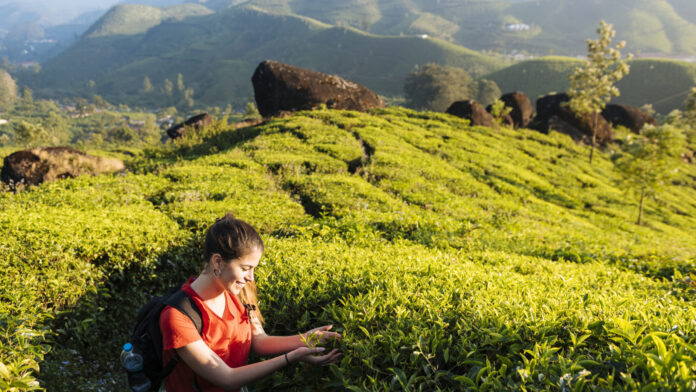Sri Lanka’s tea industry has long been a pillar of the nation’s economy and identity. While its origins lie in colonial history, today the sector is evolving to meet modern demands for quality, sustainability, and authentic experiences. Alongside the traditional production of Ceylon tea, a new chapter is being written, one that blends innovation with heritage and opens doors for travelers seeking to connect with the soul of the island’s tea culture.
The modern tea industry in Sri Lanka is marked by increasing emphasis on sustainable farming practices and fair trade. Smallholder farmers, who cultivate the majority of the island’s tea, are receiving greater support through training, certification programs, and access to international markets. This shift is not only about improving quality but ensuring economic resilience and environmental stewardship. Organic and biodynamic plantations are gaining
ground, responding to global consumer preferences for ethically produced goods.
Technological advancements have also improved tea processing and packaging, allowing Sri Lankan producers to offer a wider range of premium and specialty teas. From single-origin teas to flavored blends and wellness infusions, the diversity reflects both tradition and innovation. Exporters are expanding their reach, bringing Ceylon tea to discerning drinkers worldwide who value traceability and authenticity.
Parallel to these industry developments is the growing phenomenon of tea tourism. Visitors are increasingly drawn to Sri Lanka’s picturesque hill country, where sprawling tea estates offer immersive experiences that go beyond tasting. Tea trails, estate tours, and visits to tea museums provide insight into the cultivation, harvesting, and craftsmanship involved in every cup. Travelers can participate in plucking sessions, witness traditional processing methods,
and enjoy freshly brewed teas overlooking lush landscapes.
Tea tourism also fosters cultural exchange and supports local communities. Many estates have begun hosting homestays and boutique accommodations, blending hospitality with heritage. Culinary experiences paired with tea, guided nature walks, and storytelling sessions with tea workers enrich the visitor’s connection to place and people.
This blend of production excellence and experiential tourism is helping Sri Lanka reposition its tea sector for the future. It not only preserves the legacy of Ceylon tea but also creates new economic opportunities in rural areas. By engaging both global markets and travelers seeking authenticity, Sri Lanka’s tea industry is thriving as a dynamic and sustainable force.
For those who visit, tea is more than a beverage; it is a journey into the heart of Sri Lanka’s landscape, culture, and community. It is an invitation to savor history and hospitality in every sip.




